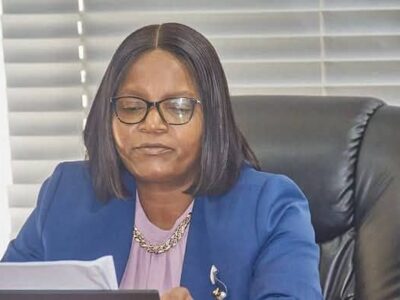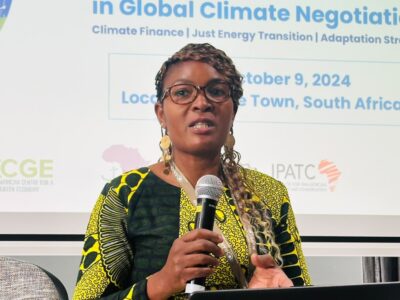Zambia has assumed the chairmanship of Southern Africa at the United Nations Educational, Scientific and Cultural Organisation (UNESCO) for the period 2023.
The chairmanship is a sub-region under Africa Group at UNESCO.
This has strategically positioned Zambia to promote the necessary conditions to help Africa benefit from projects that will allow a multisectoral sustainable development of the continent.
It also means that Zambia will be representing the sub region on the Bureau of UNESCO Africa Group and will play a key role in proposing and supporting decisions for the benefit of African Member states to UNESCO and ensure that their interests are prioritised by the United Nations Agency.
This is according to Naomi Ng’andu Mweemba, First Secretary Press and Public Relations at the Zambian Embassy in Paris in a statement issued on Monday.
During the plenary held in Paris, Zambia also took up the role as vice chair with Angola securing the slot for Chair of the Africa Group at UNESCO.
Mweemba stated that Zambia would also take a leading role to promote and defend African positions on issues of common interest during the general conference to be held this year.
“The assumption of the chairmanship of the sub-region has also strategically positioned Zambia to promote the necessary conditions to help Africa benefit from projects that will allow a multisectoral sustainable development of the continent,” Mweemba said.
Earlier, during the sub region meeting, Zambia’s Ambassador to France and Permanent Delegate to UNESCO Christine Kaseba pledged to strengthen relations and cooperation among members of the group and UNESCO.
Read more: Zambia seeks Spanish investments, as economy attracts $8.5bn in 2022
Kaseba thanked South Africa the outgoing chair of the sub region for his dedication to duty.
UNESCO is a global leader in matters of education, science, culture and communication and information.
It coordinates efforts towards achievement of sustainable development goal number 4 on education.
The organisation has important programs such as basic, water ecological and earth sciences.
UNESCO also supports countries in formulating effective youth and sport policies while coordinating global efforts in the fight against doping in sport.
The United Nations Agency further promotes preservation of cultural and natural heritage as well as intangible cultural heritage.
Regarding communication and information, UNESCO has programs such as the International Programme for the Development of Communication (IPDC) which is key in promoting media development, freedom of expression and safety of journalists.
WARNING! All rights reserved. This material, and other digital content on this website, may not be reproduced, published, broadcast, rewritten or redistributed in whole or in part without prior express permission from ZAMBIA MONITOR!












Comments